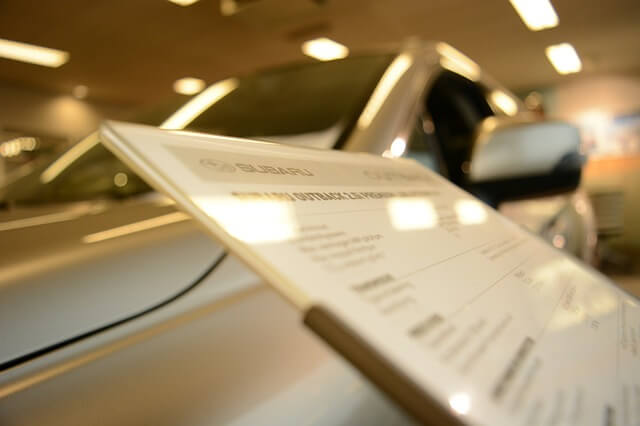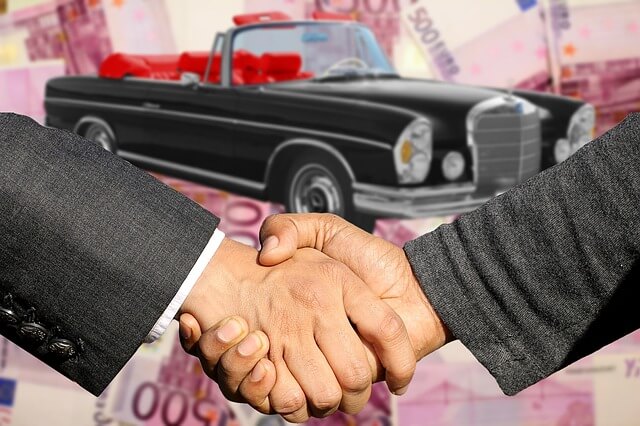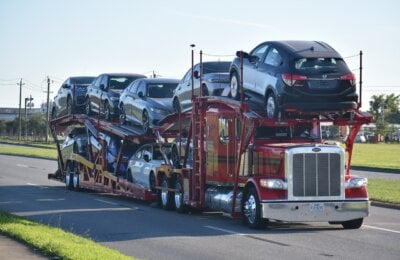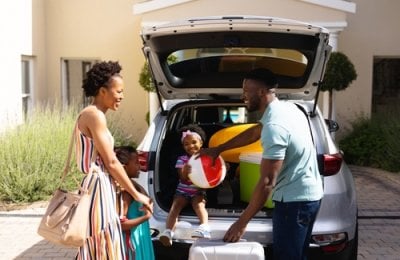
Reading Time: 3 minutes
Whenever you’re going to spend a large chunk of money, it’s usually best to deal with the professionals. That’s probably why you might have relied on a company with twelve years of experience when you needed your old car shipped and chose Nationwide Auto Transportation to do the job. When it’s time to buy a new car, the same should apply, but unfortunately, a few bad apples have given the second-hand car salesmen of this world a bad name… What’s the difference between buying a new or used car? Should you buy privately or through a dealership? What should you know when buying a car from a dealership? Let’s find out!
Looking for expert advice on car dealer shipping? Check out our comprehensive guide on ‘Car Dealer Shipping Tips’ at Nationwide Auto Transportation. This essential read covers everything from maximizing efficiency to choosing the right insurance coverage, tailored specifically for car dealerships’ needs. Dive into the article here and elevate your vehicle shipping strategies today!
Buying a Car From a Dealership
It’s important to note that most car dealers are professionals who will look after your interests. However, we also understand that there’s a lot of potential for you to be ripped off when you’re spending that amount of money. So let’s look at the different things to look out for when you’re buying a car from a dealer.
“Want to unlock the secrets of fast, reliable vehicle transport? Dive into our in-depth guide on how expedited car shipping works. Discover why choosing Nationwide Auto Transportation for your expedited needs ensures your vehicle’s swift and secure delivery. Don’t wait – revolutionize your shipping experience today!”
Tip #1 – Don’t be too preoccupied with the trade in
When you’re trading in your old car when buying a car from a dealership, the salesperson will typically grab a worksheet and start negotiating the terms. This sheet is used to calculate the figures:
- trade-in value
- monthly payments
- down payment
- purchase price
etc.
If you don’t focus on all the aspects, he or she might think you’re preoccupied with the trade-in price, and use that time to nudge up the price of your new car.
Tip #2 – Don’t be fooled by rebates
One of the main things that draw customers into showrooms, is rebates. Car dealers may tell you that you’re getting a good deal because of the rebate, but those rebates apply regardless of the price you get from the individual dealership.
Make sure that they deduct the rebate from your purchase price, but negotiate as though there’s no rebate.
Tip #3 – Avoid inflated payments
Car salesmen will typically start by asking how much you’re looking to spend, and then ask how much more you can afford. This givces them a feel for your budget, and before you know it, you’re committed to that amount as your minimum monthly installment. Instead of talking about monthly payments, discuss the purchase price.
Tip #4 – Beware the Fees and Extras
One of the downsides of buying a car is the extra cost items. There are certain add-ons, such as closing costs, titling fees, delivery charges, extra insurance, extended warranties, paint and fabric protection…Deny any extras you don’t wish to pay for, or that you know you can get cheaper elsewhere. Essentially, you typically don’t need anything that is offered after you’ve agreed on the sales price.

When buying a car from a dealership out of state arrange your own auto transportation. It often works out cheaper as some dealerships slap on a fee when they make the arrangement for you.
For a seamless transport experience, discover why our Vehicle Shipping Service is the preferred choice for dealerships seeking reliability and peace of mind.
Discover the ease and cost-effectiveness of transporting your vehicle with our guide on Seasonal Auto Transport Options. Whether you’re moving in peak summer or braving the winter months, learn how timing, transport type, and location can significantly impact your auto shipping costs. Explore insider tips and strategies for choosing the best auto transport solutions for any season, ensuring your vehicle’s journey is as smooth and budget-friendly as possible. Stay ahead of the game with Nationwide Auto Transportation’s expert advice!



